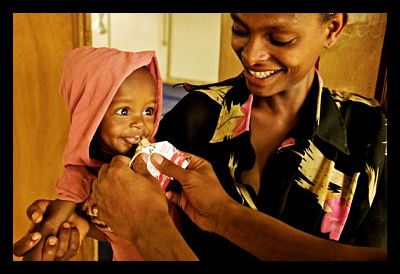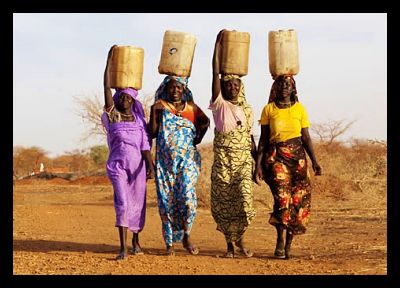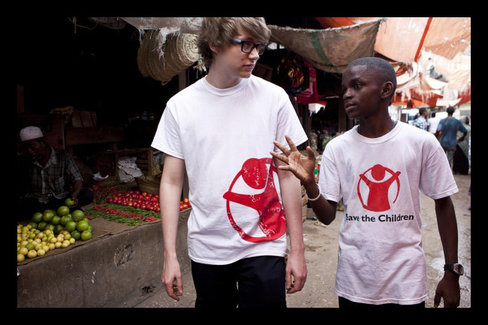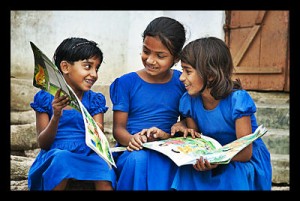
The dedicated workers of Save the Children have been affecting positive, lasting change in children’s lives for the past 81 years with no signs of slowing down. They partner with local governments and organizations in vulnerable communities to offer children support and protection from neglect, exploitation, violence, poverty, malnutrition, inferior medical care and education, and much more.
With offices spread across 120 countries, the organization has helped millions of children in Africa, Asia, America, the Middle East, Europe, Latin America, and the Caribbean. In 2012 alone, they helped more than 125 million children overcome obstacles including poverty, illiteracy, obesity, and abuse.
Save the Children focuses on the following key areas:
- Child protection – Save the Children fosters child protection programs such as child trafficking awareness campaigns, and advocates for policy and services improvement to protect children affected by disasters, conflict, or development setting.
- Newborn and child survival – Each year, close to 7 million children die before their 5th birthday. Save the Children works to prevent senseless deaths by training health workers to deliver inexpensive medical interventions.
- Education – the organization coaches educators in effective teaching techniques, offer opportunities to continue education beyond the classroom, and ensures learning continues in times of crisis.
- Emergency response – In times of natural disaster or civil conflict, the organization provides food, medical care, education, and support throughout the recovery process.
- Health and nutrition – Save the Children works to make quality maternal and reproductive healthcare, newborn and child healthcare, nutrition education, adolescent sexual and reproductive healthcare, and emergency healthcare available to impoverished communities.
- HIV/AIDS – the organization offers prevention education programs to stop the spread of AIDS beyond the 3.4 million children currently living with the disease. They also offer protection programs to children orphaned by the disease.
- Hunger and livelihoods – its hunger and livelihood programs focus on increasing food supply, educating farmers to produce higher yields, teaching parents the benefits of a varied diet, and teaching children how to manage money and find work.
The organization is recognized by regulatory services as a leader among nonprofit organizations; The American Institute of Philanthropy (AIP) awarded it an A+ rating. The BBB Wise Giving Alliance has determined that Save the Children meets all of the standards for charity accountability. Charity Navigator awarded Save the Children their 11th consecutive overall 4 out of 4 stars rating in 2012. The Forbes 200 Largest U.S. Charities List rated the organization’s fundraising efficiency at 92%, and their charitable commitment at 91%. Great Nonprofits named them the recipient of a 2012 Top-Rated Award. And America’s Greatest Brands featured Save the Children as one of the strongest and most trusted humanitarian relief and development philanthropies.
The amazing work being done by Save the Children can be multiplied even further by charitable contributions to their Global Action Fund. To make a donation, please visit the Global Action Fund webpage.
– Dana Johnson
Source: Save the Children, Global Action Fund





